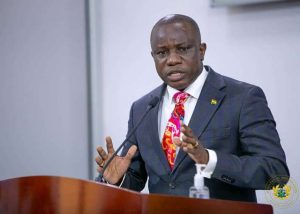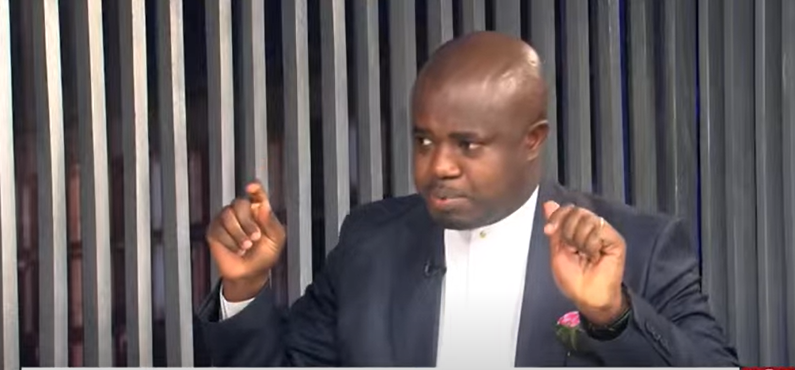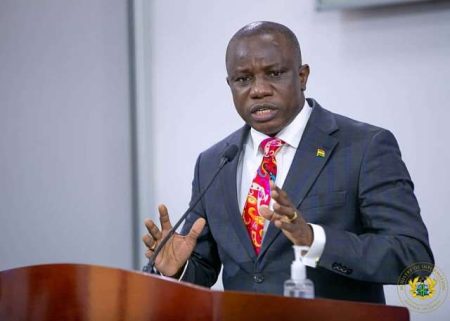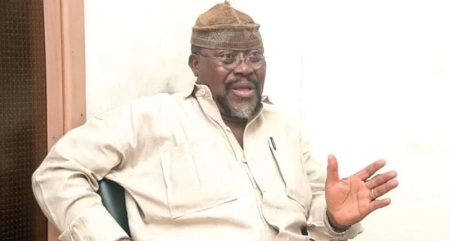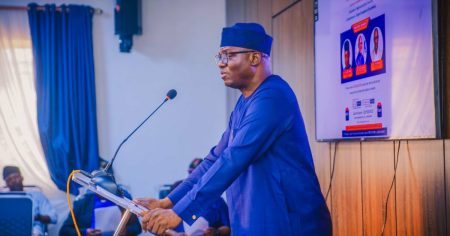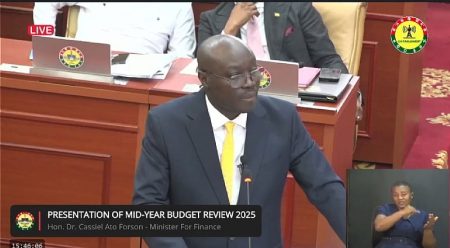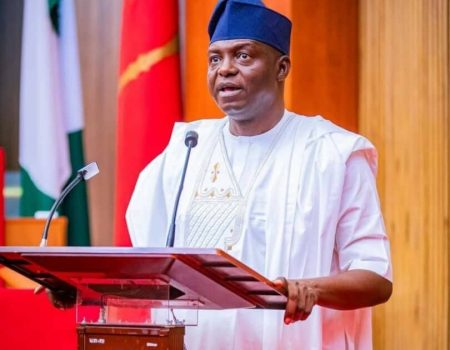The National Democratic Congress (NDC) has vehemently rejected any attempts to conflate the party with the Provisional National Defence Council (PNDC), the military junta that governed Ghana during the 1980s. Godwin Edudzi Tamekloe, the NDC’s Director of Legal Affairs, characterized these attempts as a deliberate and dishonest manipulation of Ghana’s political history. This rebuttal comes in response to comments made during the annual Martyrs’ Day observance, a day dedicated to commemorating the memory of three High Court judges and a retired army officer who were tragically murdered in 1982 under the PNDC regime. The resurgence of this historical debate, often tinged with political undertones, has reignited discussions on accountability and the legacy of the PNDC era.
Tamekloe, in a strongly worded statement, condemned the persistent linkage of the NDC with the PNDC as intellectually dishonest and politically motivated. He emphasized the distinct nature of the two entities, highlighting their separate origins, mandates, and historical trajectories. The NDC, formed in the early 1990s during the transition to multiparty democracy, has consistently distanced itself from the PNDC’s military rule and its associated actions. The attempt to equate the two, according to Tamekloe, is a blatant distortion of Ghana’s political narrative, driven by narrow partisan interests rather than a genuine pursuit of historical accuracy.
The controversy surrounding the 1982 murders underscores the sensitive and complex nature of Ghana’s political past. The killings, which occurred under the PNDC’s rule, remain a dark chapter in the nation’s history. While the PNDC, led by Jerry John Rawlings, later transitioned into a civilian government and formed the NDC, the party has maintained that it cannot be held responsible for the actions of the previous military regime. Tamekloe argues that repeatedly invoking these events during politically charged occasions like Martyrs’ Day serves only to exploit a national tragedy for political gain, undermining the solemn remembrance of the victims.
Tamekloe’s assertion centers on the fundamental difference between a military regime, the PNDC, and a political party operating within a democratic framework, the NDC. The PNDC, established through a military coup, held absolute power and operated outside the bounds of constitutional governance. The NDC, on the other hand, emerged as a political party participating in a multiparty system, subject to democratic processes and constitutional constraints. The attempt to equate the two, according to Tamekloe, is not only historically inaccurate but also obfuscates the significant political and structural transformations that occurred during Ghana’s transition from military rule to democratic governance.
Furthermore, Tamekloe criticizes the politicization of the Martyrs’ Day observance, arguing that it detracts from the solemn purpose of honoring the memory of the slain judges and the retired army officer. He calls for a more respectful and mature approach to addressing these sensitive historical events, emphasizing the importance of separating genuine remembrance from political opportunism. The focus, he suggests, should be on acknowledging the victims and their families, rather than using their tragic fate as a political tool.
In conclusion, the NDC’s stance, as articulated by Tamekloe, is a clear rejection of any attempt to equate the party with the PNDC. They argue that such attempts are historically inaccurate, politically motivated, and disrespectful to the memory of the victims of the 1982 murders. The NDC calls for a more nuanced and truthful engagement with Ghana’s past, one that recognizes the distinct nature of the PNDC and the NDC, and avoids the manipulation of historical events for contemporary political advantage. They urge political actors to approach these sensitive issues with the necessary restraint and respect, prioritizing truth and reconciliation over partisan point-scoring.



